In a move that has sent shockwaves through the digital preservation community, the FBI has issued a subpoena to domain registrar Tucows, demanding that it reveal the identity of the operator behind the popular web archiving site Archive.is. The site, also known as Archive.today, has been a go-to destination for users looking to bypass news paywalls and save snapshots of web pages.
The FBI's investigation is centered on a federal criminal probe, but the exact nature of the allegations remains unclear. What is known, however, is that the subpoena was issued on October 30, and was subsequently posted on the Archive.today X account, along with a link to the PDF and the word "canary." The posting of the subpoena on the site's X account has sparked widespread speculation about the motivations behind the FBI's actions.
Archive.is has been a vital tool for journalists, researchers, and activists, allowing them to save and share web pages that may be subject to censorship or deletion. The site's ability to bypass paywalls has also made it a popular destination for users looking to access news articles and other online content without having to pay for a subscription.
But the FBI's subpoena has raised questions about the implications of the investigation for online freedom of expression and the preservation of digital information. "The FBI's actions are a clear threat to online freedom of expression," said Jillian York, Director of International Freedom of Expression at the Electronic Frontier Foundation. "By seeking to unmask the operator of Archive.is, the FBI is essentially trying to silence a vital tool for journalists and activists."
The subpoena also highlights the complexities of online identity and the challenges of maintaining anonymity in the digital age. "The use of a domain registrar like Tucows to host a website like Archive.is is a classic example of how online anonymity can be compromised," said Sarah Jamie Lewis, a researcher at the University of Toronto. "While the operator of Archive.is may have taken steps to protect their identity, the subpoena from the FBI has effectively revealed their location and potentially compromised their anonymity."
The implications of the investigation extend beyond the digital preservation community, however. The FBI's actions have sparked concerns about the potential for government overreach and the erosion of online civil liberties. "The FBI's subpoena is a clear example of how the government can use its power to silence online dissent and stifle free expression," said Alex Stamos, a former Facebook Chief Security Officer. "It's a reminder that online freedom of expression is a fragile thing, and that we must be vigilant in protecting it."
As the deadline for Tucows to comply with the subpoena approaches, the digital preservation community is holding its breath. Will the company choose to cooperate with the FBI, potentially revealing the identity of the operator behind Archive.is? Or will it resist the subpoena, potentially sparking a wider debate about online freedom of expression and the role of government in regulating the internet?
One thing is certain: the outcome of this investigation will have far-reaching implications for online freedom of expression and the preservation of digital information. As the digital landscape continues to evolve, it's clear that the stakes are higher than ever before.
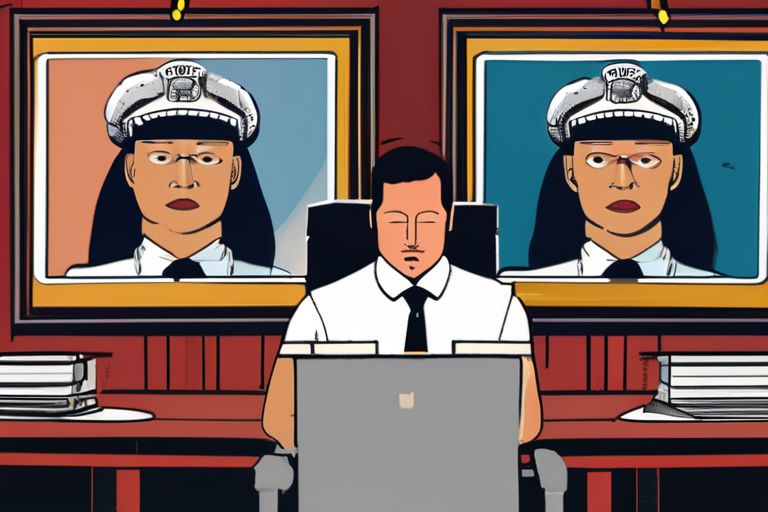





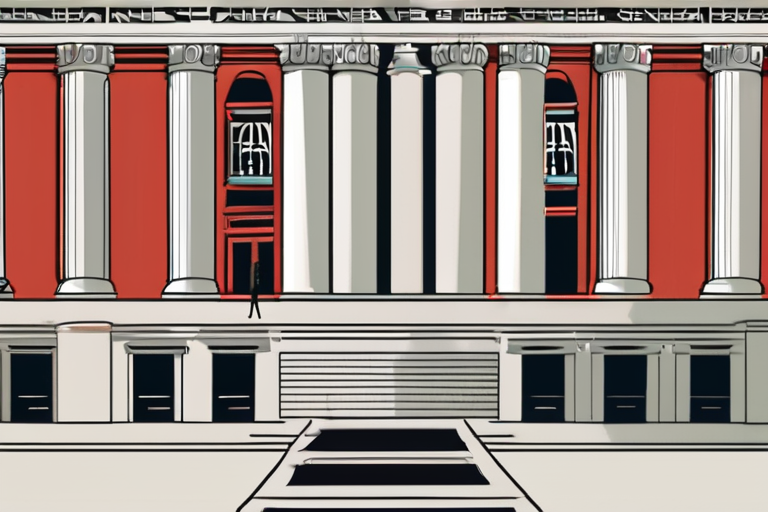


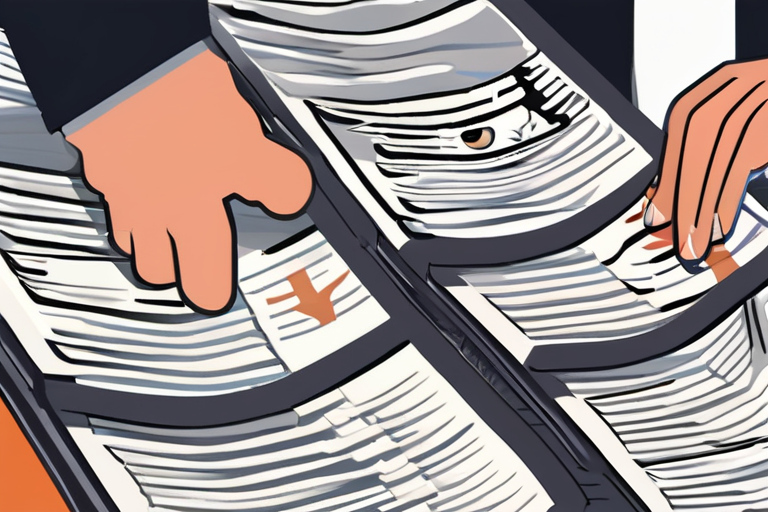









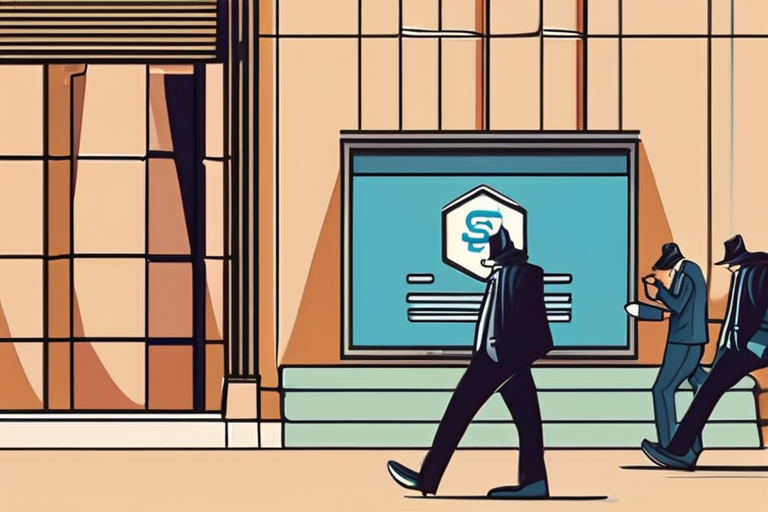



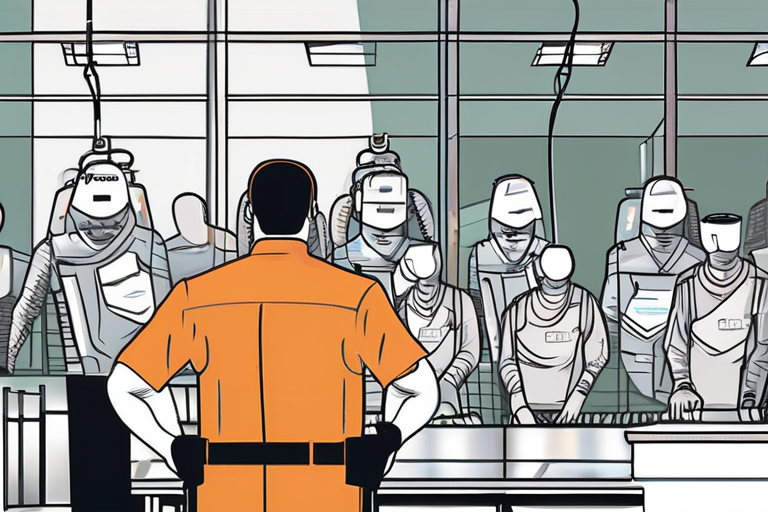


Share & Engage Share
Share this article